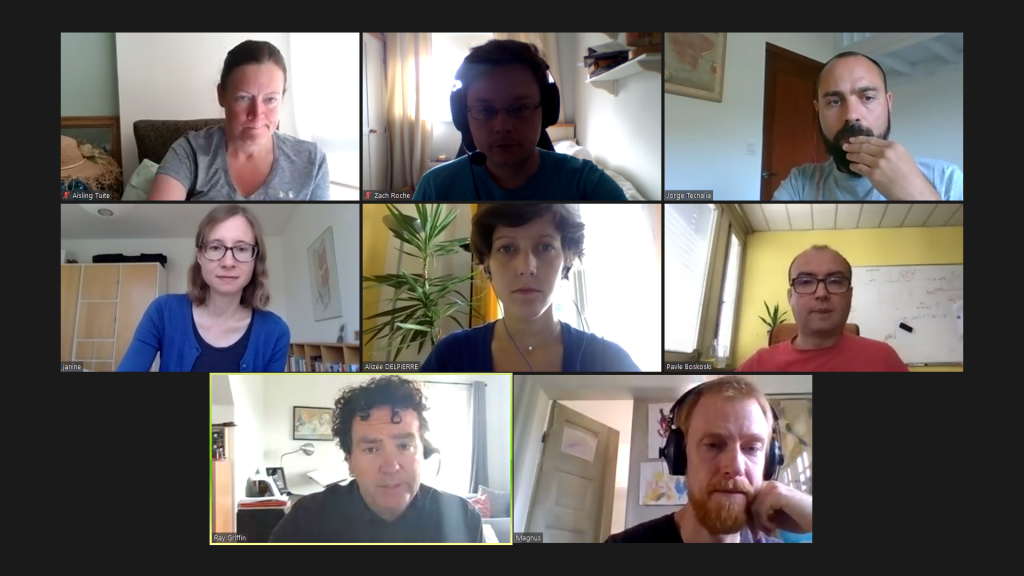Earlier this week the HECAT Work Package leads met for our regularly scheduled monthly meeting. This time we were primarily discussing a number of different deliverables which are due in the coming months, which brought out some interesting tangential discussions.
During this meeting we also had a chance to discuss the ethics of using so-called ‘big’ data within our project. Such conversations are not new, and were given a sudden impetus in the public sphere by the infamous Cambridge-Analytica scandal. While we won’t be mining data to generate revenue or influence elections, the question remains that social media is ubiquitous for participation in contemporary society. Many individuals are now aware that the data they give to social media companies is being sold to third parties. But – especially at this time, do we have a choice but to participate in social media?
COVID-19 has isolated us and cut many of us off from our normal support networks. Does this mean that it is acceptable to mine this data, because participants knowingly assume the risk? It seems murky. In addition to this there are questions of empirical and scientific accuracy, in many cases the data collected by these social media companies is more detailed and precise than that which is collected by governments or researchers. Consumers freely give to social media companies that which a researcher must have a signed consent form to acquire. Of course such debates are complex and layered, and as it wasn’t within the agenda of the meeting we agreed to shelve discussion for a later date.

Though such observations run the risk of being trite, it is strange how quickly everyone seems to have settled into what is becoming known as the new normal. Consumerism has been relegated almost exclusively to the online medium, with companies like Amazon benefiting from the sudden vacuum of everyday shopping. Millions of people across the globe have been furloughed, or simply fired leading to an unprecedented strain on the welfare system. In ordinary times care is carefully rationed by the systems of social protection which have been built over decades or centuries – but COVID has seemingly bulldozed over this. Citizens (employed or not) still need to eat, pay their rent, bills, utilities, and simply survive. Only the state has the resources and organisational form necessary to ensure this. The state will survive the new normal, but will we?
Further questions have been thrown up around work and employment. Many people were told that it was impossible to work from home, yet at the first sign of trouble impossibilities have been rendered into realities. The 40 hour work week, a totally normalized way by which time is measured and progress is understood has been revealed to be arbitrary, and for many people unnecessary. Yet without a structured solution we seem rudderless, COVID has created an abundance of free time for those fortunate not to have been infected, but many complain of a nagging feeling of guilt or emptiness. We do not feel empowered to enjoy the free time created by the reduction or absence of work.
As researchers of unemployment we are fascinated by these questions, the answers will be complex and difficult, but for the moment the present is alive with the promise of possibility. We hope everyone is staying safe as the COVID-19 pandemic ticks over into another month, but we would also like to ask our readers – how are you finding the new normal?